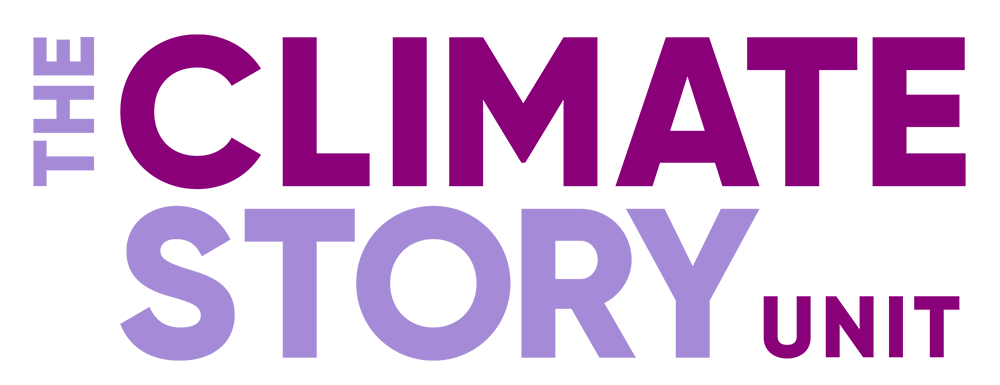Director
Eva Weber
Doc Society Support
Development support
Film Details
Runtime: 47 minutes
Every day during exam season, as the sun sets over Conakry, Guinea, hundreds of school students begin a nightly pilgrimage to the airport, petrol stations and wealthy parts of the city, searching for electricity.
This evocative and poignant documentary shows how children reconcile their daily lives in one of the worlds poorest countries with their desire to learn.
Long Synopsis
Only about a fifth of Guinea's 10 million people have access to electricity and even those that do experience frequent power cuts. If electricity in Conakry, its capital, is erratic, it is virtually non-existent in rural areas. 80 percent of the population has no electricity at all.
With few families able to afford generators, children have discovered G'bessia International Airport, petrol stations and parks in wealthier areas of the city as unlikely places to study at night. They are among the only places in the capital where they will always find light. Some live close by, others have to walk for over an hour, to get one of the few places illuminated enough to study their papers. Yet, even in the middle of the night and despite studying hard, there is a sense of camaraderie and good humour, and the students are full of hope, desperate to improve their own situation and that of their country.
Black Out tells the story of these children's inspiring desire for education in the face of seemingly insurmountable odds. Through the kids' stories, it will build up a vivid picture of a society and people precariously balanced: After decades of turmoil, Alpha Conde became Guinea's first democratically elected President on November 16th 2010. He has pledged to make raising the living standards for the average Guinean a top priority.
With the children's resourcefulness and determination a metaphor for the country's wider struggle for change, Black Out explores whether the country can at last fulfill its potential and secure a better future for its people.
Watch Trailer
Reviews
Eva Weber’s brief, poetic glimpse at Guinea encapsulates the hopeful striving of an impoverished nation’s youth.








